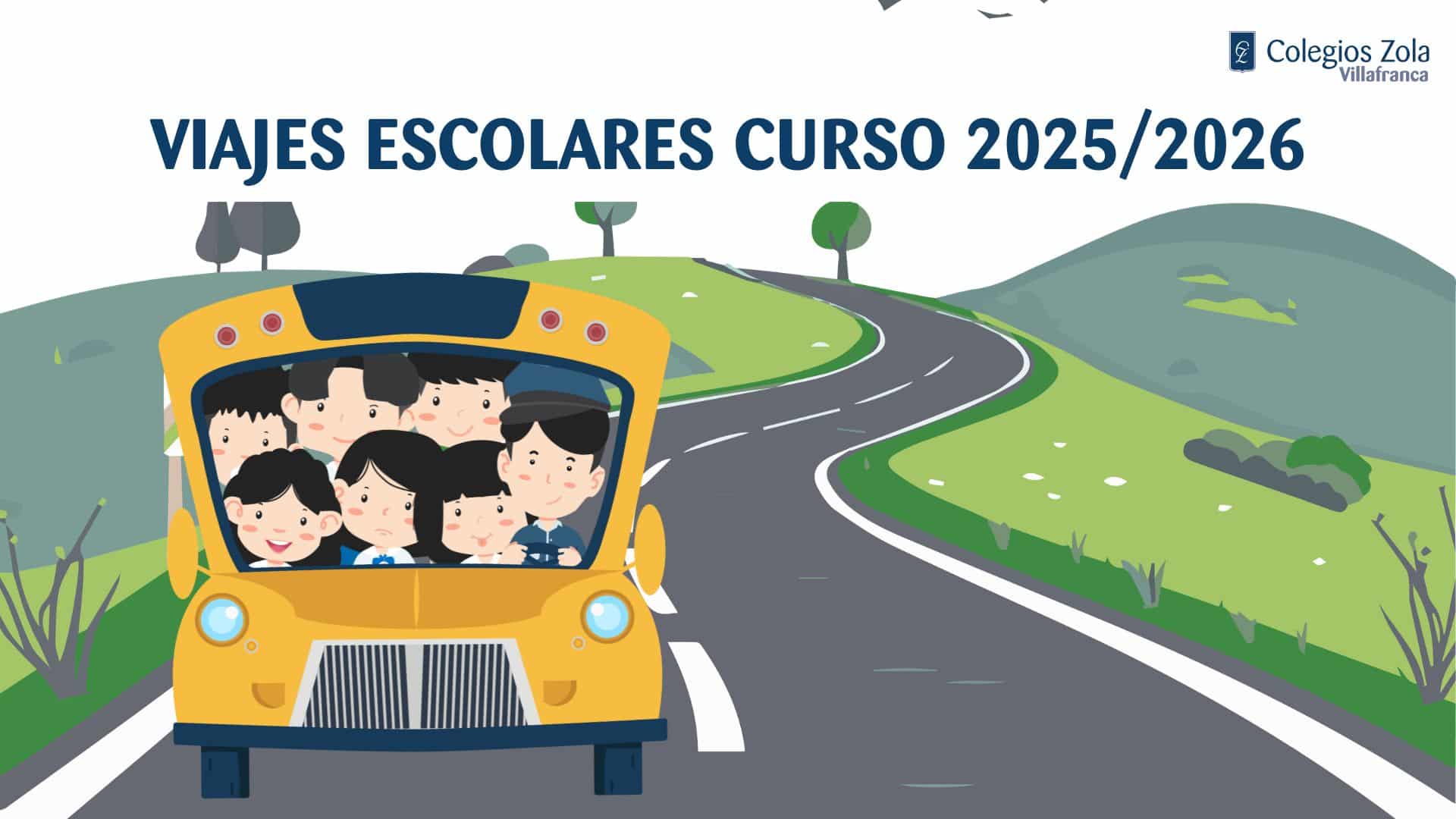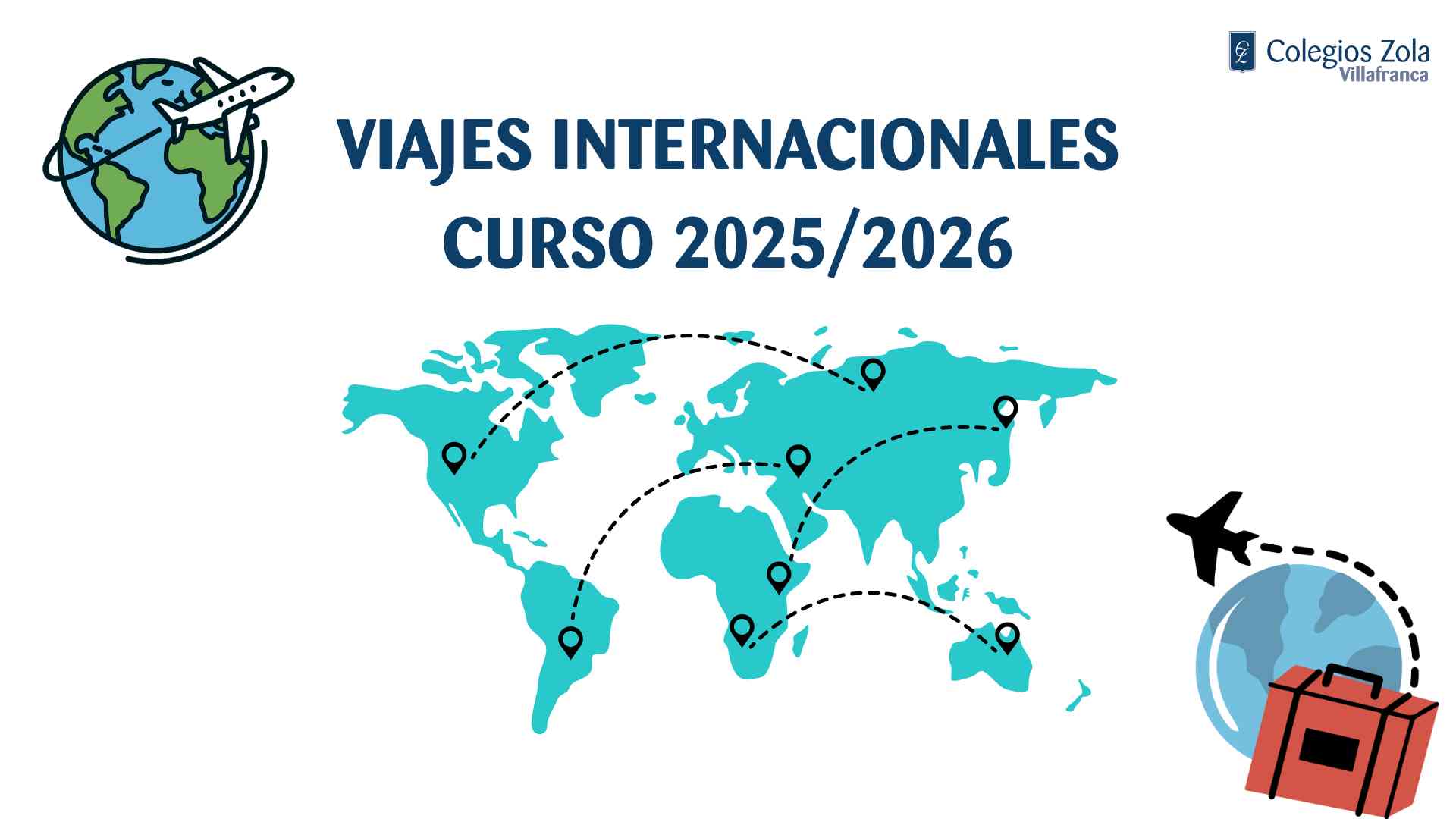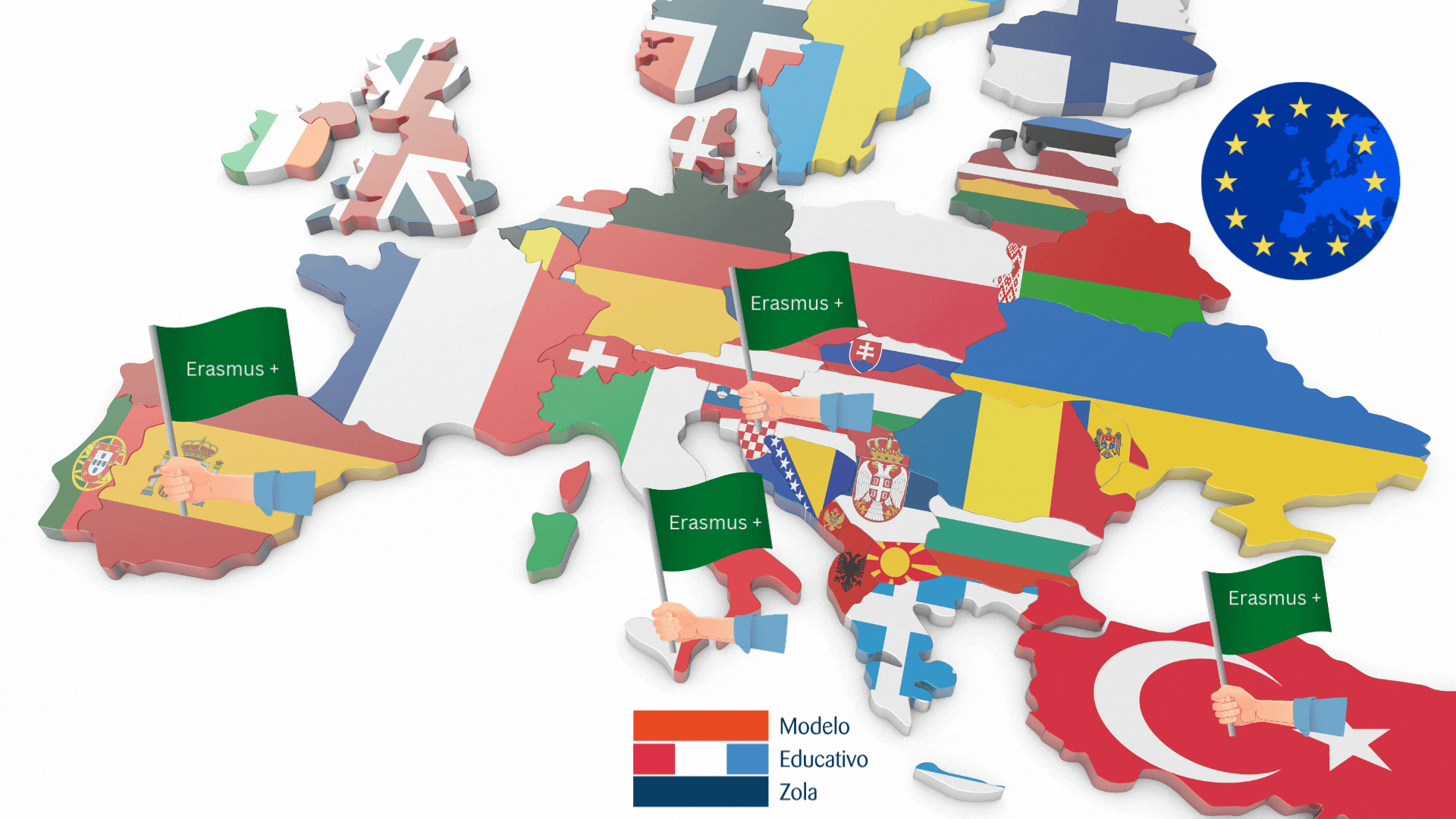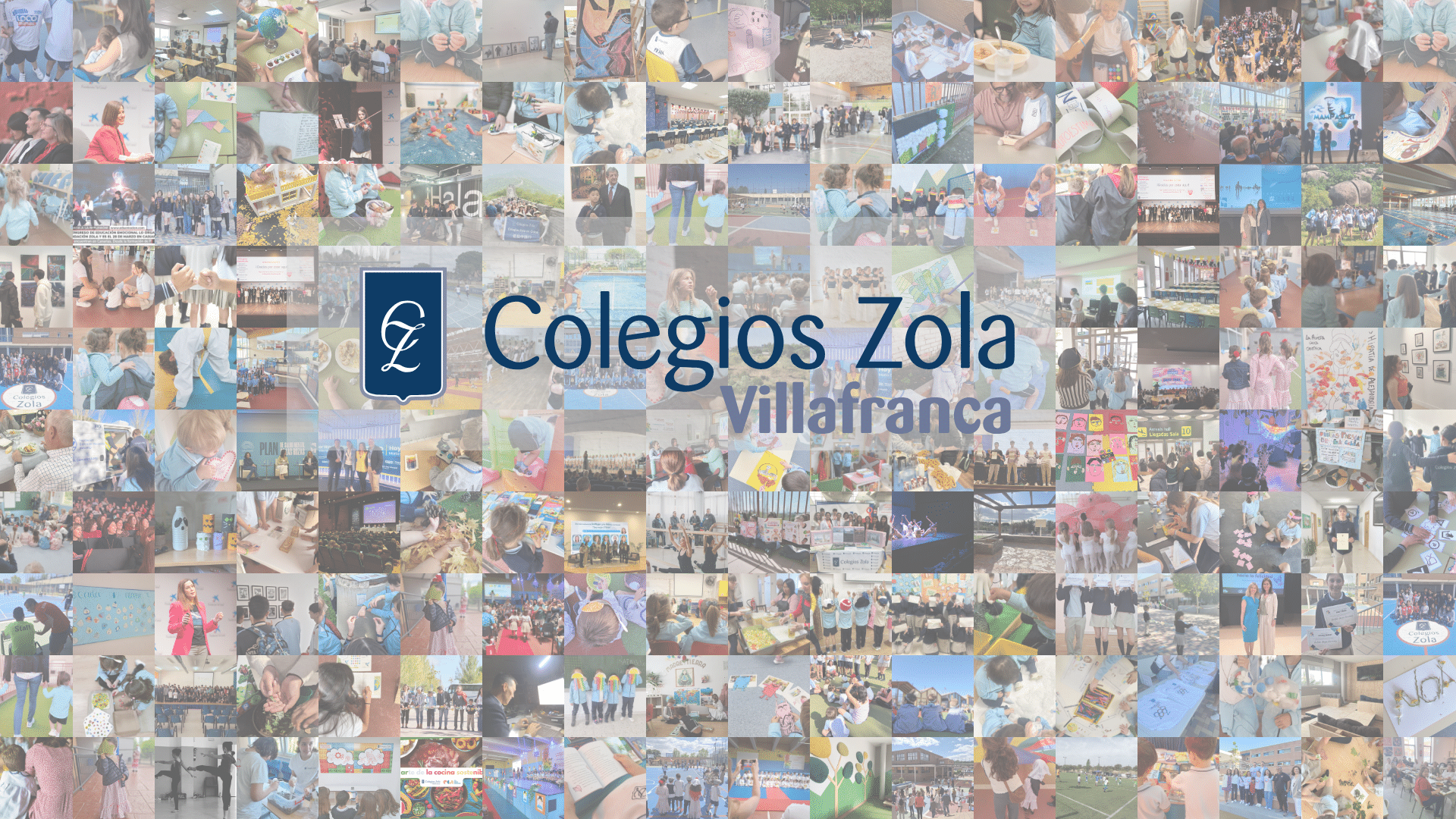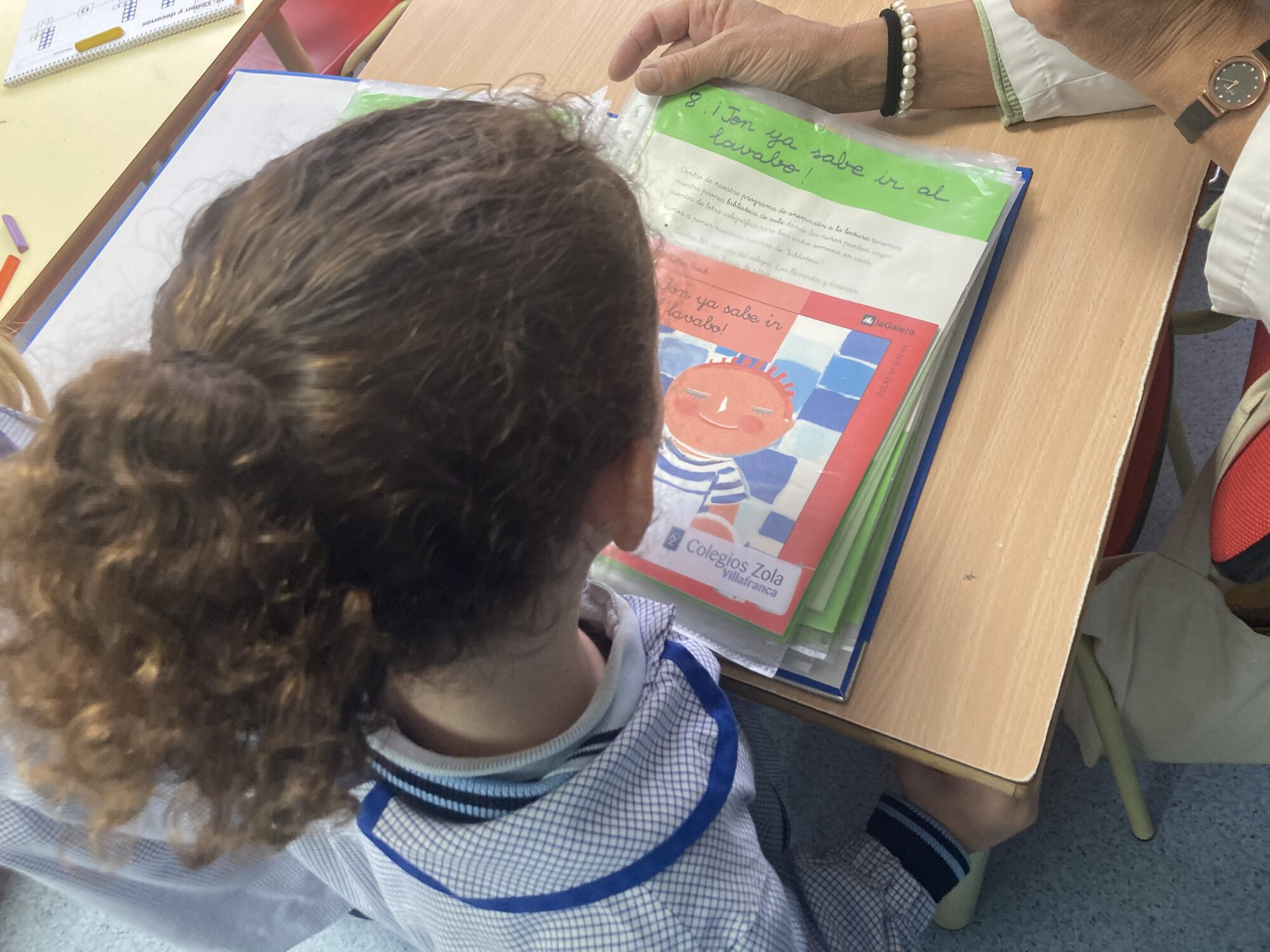
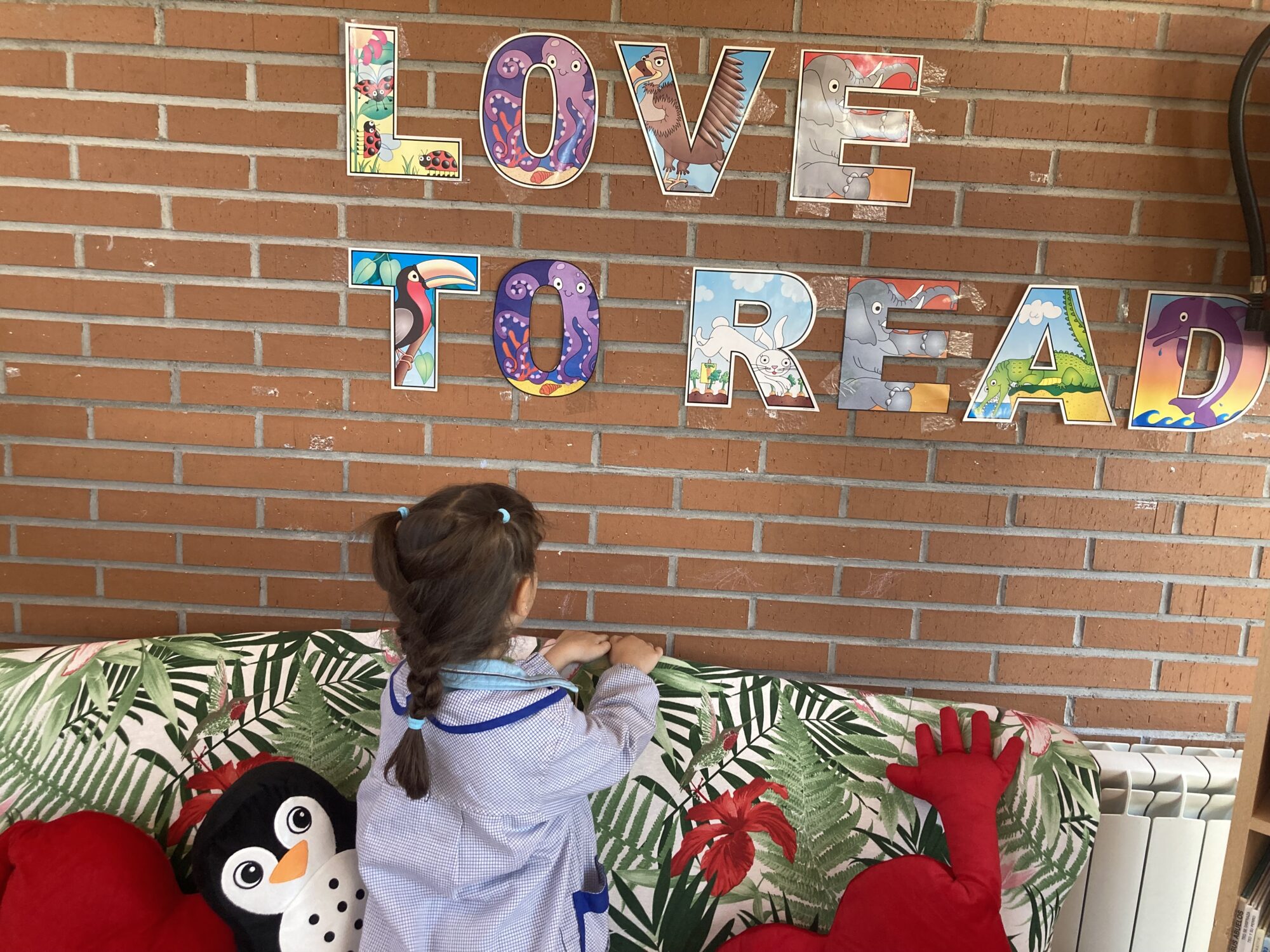
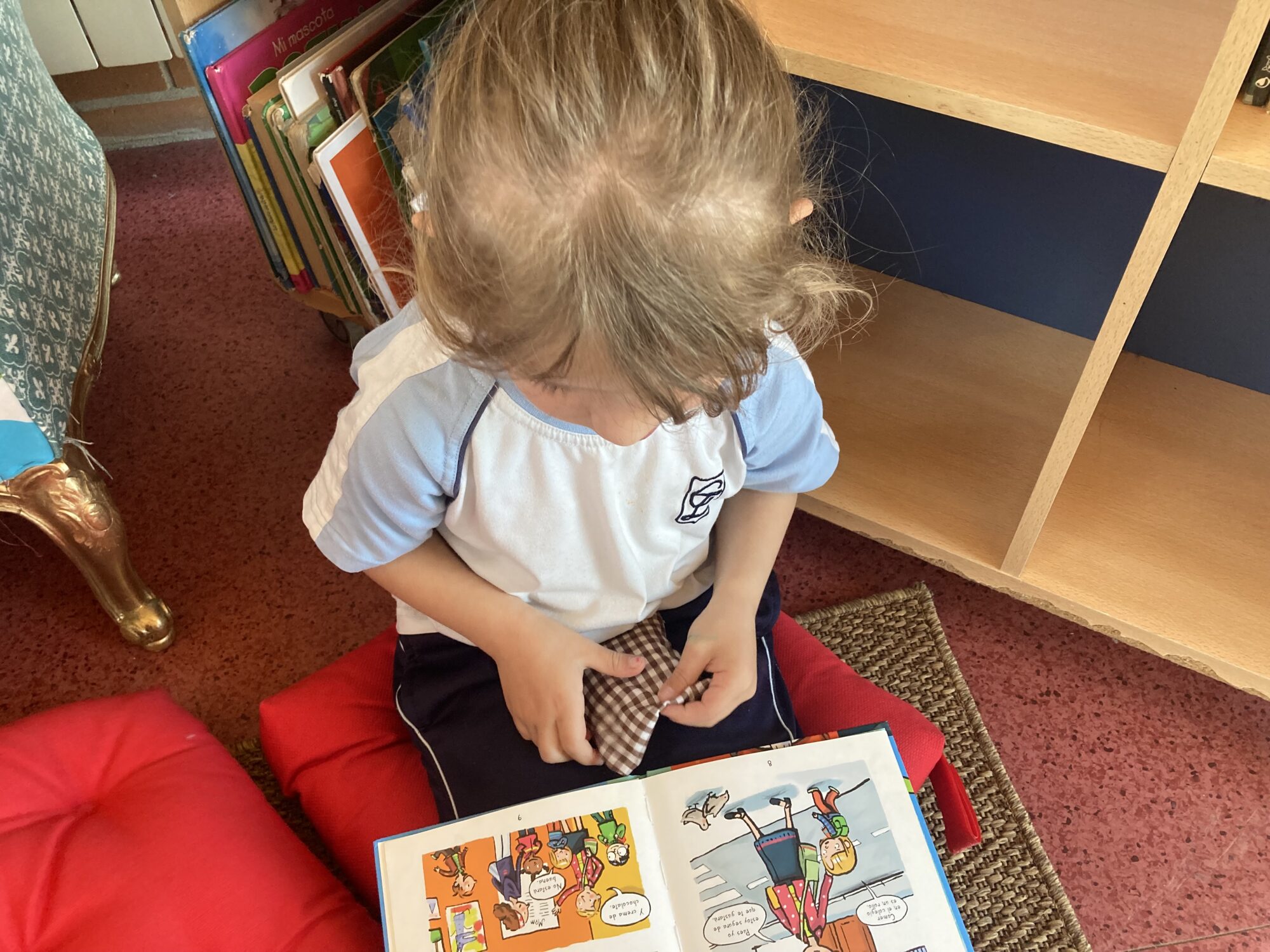
Reflections and results of the project «The Power of Reading» Our ERASMUS project “The power of Reading” that we have carried out as coordinators together with five other European countries (Iceland, Greece, Italy, Estonia and Croatia), has come to an end. It has been a journey full of effort, learning and growth. The project has brought us closer to colleagues with whom we have shared experiences and interests. We have also had the opportunity to travel to learn about the educational realities and the methods and tools used in the field of learning to read in the pre-school stage of other European schools. The main achievements of the Erasmus+ KA2 project “The power of Reading” have been the acquisition of new methods and knowledge, as well as the exchange of experiences between colleagues and experts, related to the methods of acquisition of reading processes and the use of these as tools to enhance the emotional, social and cognitive development of children in preschool. Project participants had the opportunity to observe the work of educational experts, receive training from qualified university teachers and learn about new and innovative approaches and methods. This specific training improved the teaching skills of more than 100 professionals who have participated directly or indirectly in the project. The participating teachers shared their new knowledge and acquisitions with the other colleagues in their preschools after each meeting and implemented the new methodologies and materials in their daily work with the children. The celebration of each learning event, in each of the participating countries, resulted in the preparation of workshops, talks and activities organized by the host preschool, on each of the specific topics of each country. These events have had a great positive impact, both on the educational community of the host country and on the participating educators and later on their schools.
These were the main results
There was an increase of 12.6% in the frequency of daily reading of stories/books by the teacher in the classrooms. An increase of 30%, reaching 100% in the number of teachers who ended up putting books in the classrooms freely available to students. It was also observed that the occasions in which teachers always used a story/book to talk in the classroom about a specific topic that interested or worried the children
increased by 26.5%. Similarly, a small increase of 17.9% was observed in the number of teachers who used their own made-up stories to develop children’s problem-solving skills. 85.7% of the teachers who responded to the survey consider that after having participated in this project their perception of reading as an essential tool for the comprehensive development of the child has increased. Finally, 85.7% of the teachers surveyed would like to participate in future ERASMUS projects and 100% of them believe that the participation of educational centers in this and other ERASMUS projects has enriched their knowledge and teaching practice. All participating partners equally observed that the children showed a significant increase in interest in reading and a positive attitude towards reading and books.
How was the project materialized?
The final product of the project has been materialized in a book (physical and digital) prepared by all the participants which explains the project and the specific contribution of each participating country. You can consult this publication by clicking on THIS LINK. In addition, it contains all the resources and practical activities that we have learned and shared in each of the countries we have visited on each of the topics covered. The activities are explained in detail, and provide information about the ages, materials, timing, etc., necessary to carry them out, so that it can be useful to anyone interested in putting them into practice.
The project has created collaborative ties between the countries that will continue to be maintained over time and that will materialize in cooperation in various training courses and in future collaborations in other related projects, perhaps also ERASMUS actions. According to feedback from project partners and the teacher survey, participating in an Erasmus project like this has also developed cultural awareness and diversity. By working with teachers of different nationalities and learning about their cultural heritage, our teachers are enriched both personally and professionally. It has been a pleasure to be the coordinating country of this magnificent project. We are convinced that the title of our work, THE POWER OF READING, is the best summary and explains how the reading process is essential in human development and an integrative and essential element in the acquisition of knowledge.
As teachers, we have the responsibility to collaborate in this process, motivating and exciting our boys and girls from kindergarten by exposing them to wonderful tales and stories that amaze, inspire, and make them better human beings.
